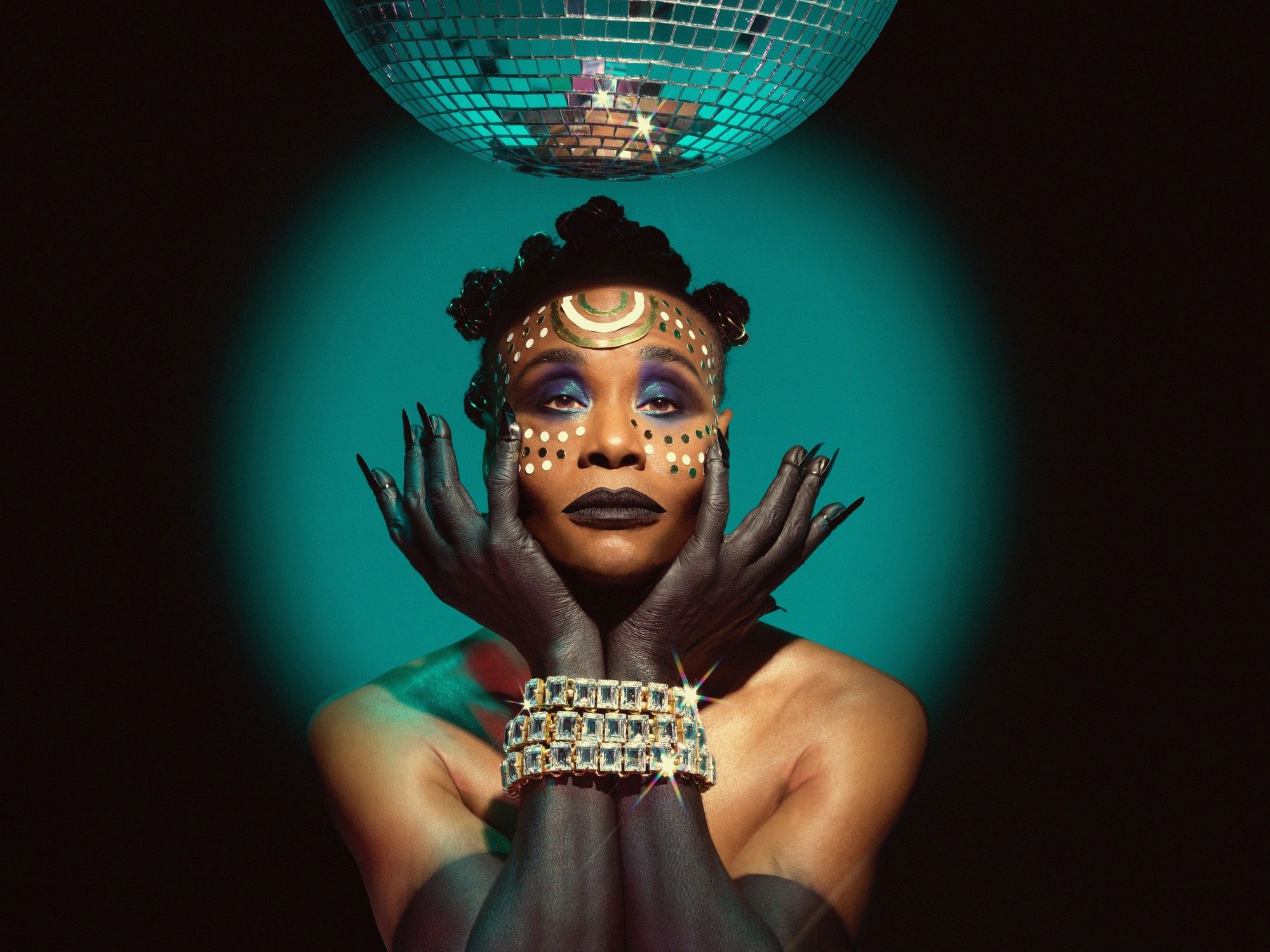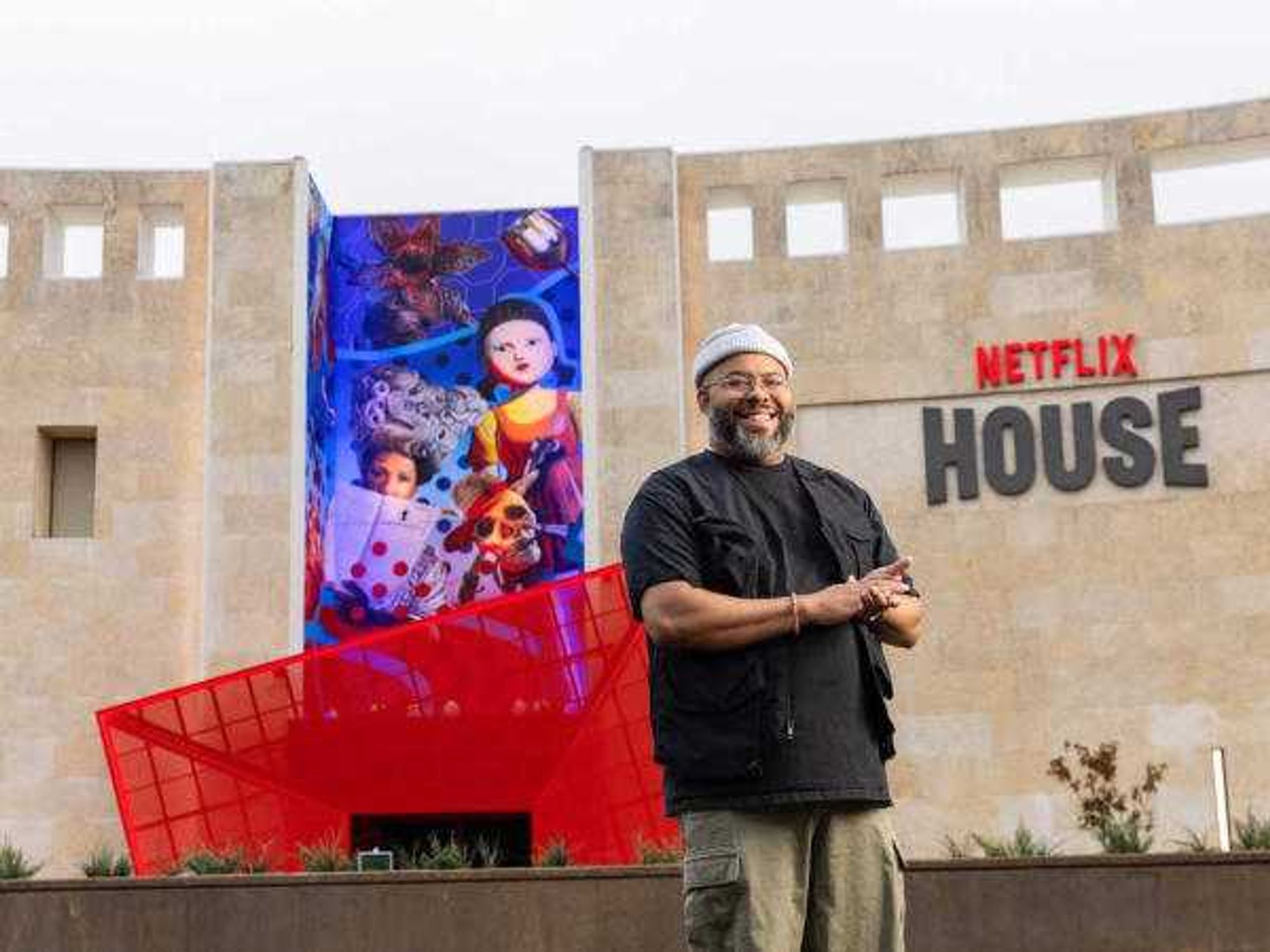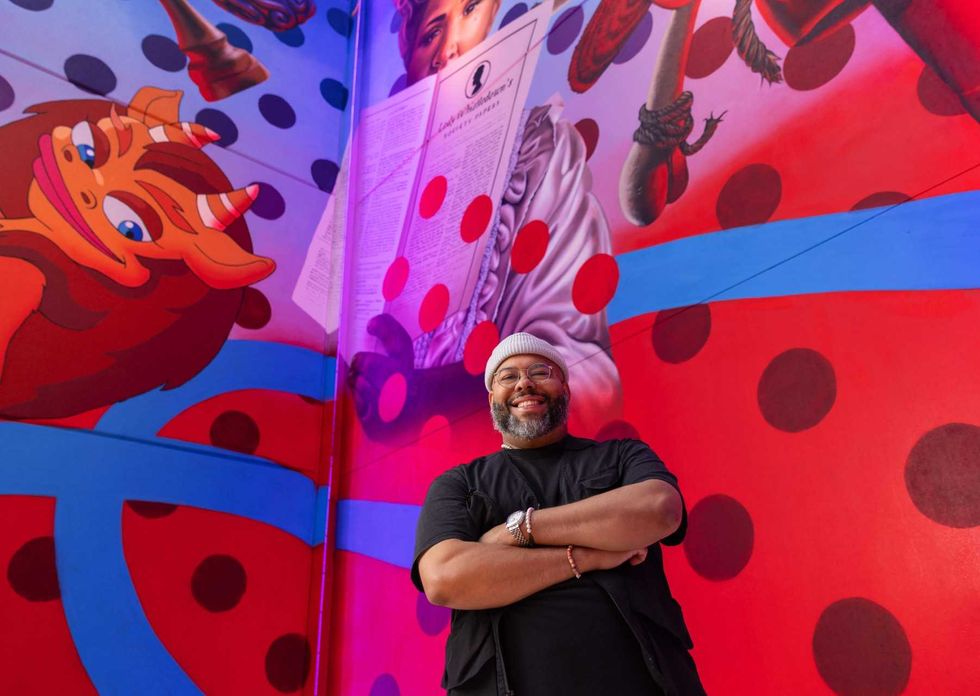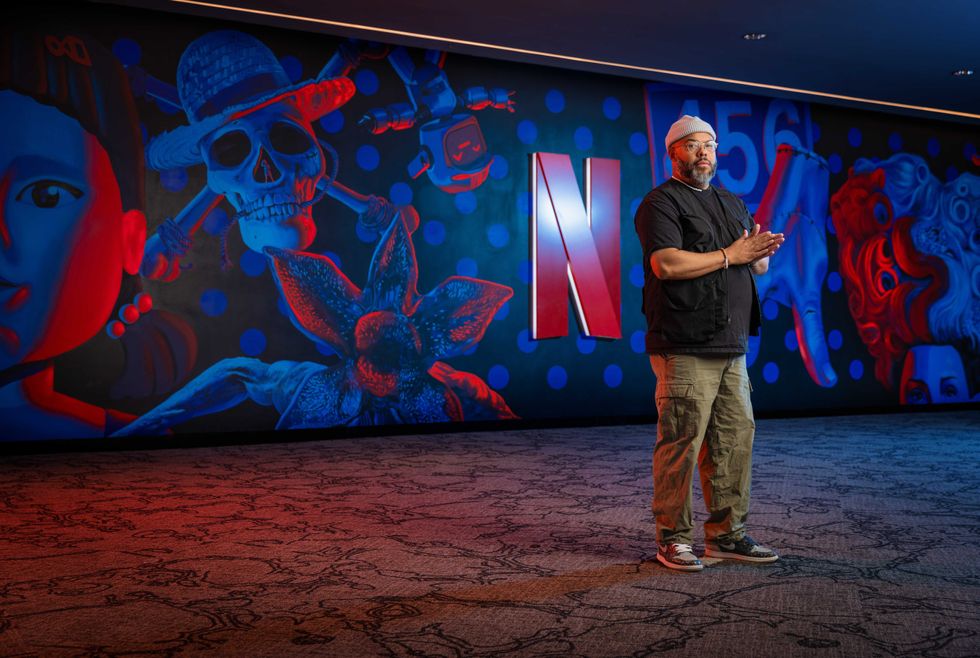The Porter Portal
Groundbreaking actor-singer Billy Porter discusses his music and more ahead of Dallas show

Billy Porter performs at the Winspear Opera House on May 10.
When Billy Porter arrives in Dallas, fans will know. Not much of a wallflower, the singer and actor (just an "O" away from "EGOT"), is known for bombastic entrances, vulnerable and groundbreaking characters, and red carpet showstoppers.
In case anyone is drawing a blank on any part of Porter's decades-long resume when the "Oh my God, there's Billy Porter" whispers start circulating, the star is coming to Texas with a career retrospective in the form of a pop concert. The Dallas stop of the "Black Mona Lisa Tour: Volume 1" will be at the Winspear Opera House on May 10. (He'll play Austin's Paramount Theatre the night before.)
Porter's early fame was mostly on Broadway, first as Teen Angel in the 1994 revival of Grease and later as drag queen Lola, star of Kinky Boots. Now audiences' freshest impressions of Porter are likely from Pose, a fictional TV series about ballroom culture and gender identity in the 80s, in which the actor played a barbed, but loyal and passionate emcee called Pray Tell.
The show garnered praise for, among many other achievements, bringing the AIDS epidemic to the forefront in an art — drag — that is becoming more and more mainstream in TV adaptations. Porter later shared that his personal experience with HIV, which he had kept quiet for more than a decade, motivated parts of his performance. On April 12, the Hollywood Reporter announced that Porter will play writer and activist James Baldwin in an upcoming feature film.
Queerness, Blackness, and shades of masculinity are nearly always at the center of Porter's work, and music binds it all together. Porter's first album, Untitled, announced the singer to the pop world for the first time in 1997, but since then, most of his musical achievements have been singles, covers, and original performances of works written by other composers. This retrospective tour shares a name with an upcoming album, Black Mona Lisa, that will re-introduce the iconic singer to the pop music space. Things there are warming up already with the release of his new single, "Baby Was A Dancer," a contemporary disco track delivering an uplifting allegory about Porter's personal trajectory.
CultureMap spoke with Porter about his touring show, the single and upcoming album, and the healing he hopes to contribute through his music.
CultureMap: How many costumes do you have for this tour?
Billy Porter: Oh, I don’t know. [Laughs.] I’m still working on that. I’ll be changing a couple of times, but … I’m focused on the music.
CM: What do you identify with in the Mona Lisa?
BP: Mona Lisa is past, present, and future. She’s relevant always and forever. That’s me — that’s what I do.
CM: You’ve shared that the goal of this album is to provide healing. What are some of the healing elements of the music itself?
BP: Well, the intention is in the writing, in the lyrics, in the hope of the lyrics, in the joy in the lyrics, and in the melodies; this album is very intentional. And I love it. So I hope everybody else is gonna love it too.
CM: Can we expect more original music like "Baby Was A Dancer" in this album?
BP: Yeah, it's all original music. It's a new pop album. Everything is new, everything is original, and I wrote all but one song with amazing writing teams [including] Justin Tranter, the late, great Andrea Martin, and MNEK.
CM: That single is in the third person. What inspired that angle versus something more confessional and raw?
BP: There's a lot of confessional and raw on the album. ["Baby Was A Dancer"] is about transcending the haters and dancing your way to heaven anyway. So it's just fun to speak in third person because you're sort of presenting [the story] — it's presentational that way.
CM: The show references a lot that people will recognize, and you have a memoir already out called Unprotected. Is there anything that you're telling audiences for the first time?
BP: Well, not really. However, because I exist in so many different creative spaces, those spaces don't always speak to each other. I spent the first 25 years of my career trying to get people to take me seriously as an actor. And now that I have, I've read comments online, like, “Oh, I didn't know Pray Tell could sing.” So it's a bit of an education that's getting ready to happen — for some people.
It’s not a musical theater show even though I'm a theater artist. My very first album came out in 1997 on A&M Records. It was an R&B soul record. The industry was very homophobic at the time, so it didn't work out for me [then]. And now I get a second chance in the mainstream [pop] music industry.
CM: Is there a moment where you felt that switch happen, when you felt like you were in the mainstream?
BP: My whole career has sort of built on itself, and the tipping point — Malcolm Gladwell talks about the tipping point — came with the convergence of everything that had happened before. And then Pose. Pose was where I cracked open beyond the 10-block radius of Broadway.
CM: When you were putting together this show, were there any memories that you regained or connections you made?
BP: I wrote a memoir — I've been connected and reconnected, and been searching and finding things and stories to tell for … four years to write my book, so it wasn't anything new for me. The concert is going to be a retrospective … [and] a celebration of life, and love, and joy, and hope, and peace. My plan is to give the world a big bear hug, and try to help in the healing of our civilization, because we've all been through a collective trauma. We're all still in the middle of it. None of us are okay, and that's okay.
I'm going to do 10 songs from the new album. Then I go back to the 90s. I'm going to do some stuff from my first album, Untitled — I haven't performed anything from that live in decades. There was a lot of trauma connected to that, so I'm releasing that, then I'm doing a lot of the Broadway stuff, Kinky Boots, some political stuff, and some gospel stuff. The last 20 minutes, half hour, is a dance party.
CM: To me, you're known for camp, but you also embody really earnest emotion. How do you find the line between camp and earnestness?
BP: Well, I call it fabulous and serious. Camp is very specific. I'm actually not camp unless I need to be camp. But I'm fabulous; fabulous and serious at the same time. That's my brand. And that's what I'm trying to remind the world: The two things can coexist. One can be fabulous and serious at the same time. And that's what I am. It can be confusing sometimes. But I'm here to let you know, don't be confused. [Laughs] I'm very intelligent, I’m very smart — yes, I wear dresses. Yes, I can be silly. And I know what's going on in the world, and I can go and sit in front of Congress and speak. I'm proud of that.
CM: We saw a lot of that recently at the Capitol, here in Texas. We had some drag queens on the senate floor. You said on a news show that you were “one of the beneficiaries of a government that actually cared about its people,” and talked about the government “pouring into” you. What do you want to pour into Texans who are facing [identity and expression] restrictions right now?
BP: First of all, it's about us coming together as a collective. We're always better together. And we've been siloed in our own spaces because of COVID for years, and that has been exploited. [Then], it's the education. Those who don't know their history are doomed to repeat it. The young people weren't here for the civil rights movement; The young people weren't here for the AIDS crisis. Life is cyclical … and love always wins. It takes time.
Being 53 years old, I can look at this and go, I've been here before. I've seen this. And I know how it works out. We win. Look at Tennessee, and last week. We won't be silenced. We're back in a conservative era; We were in a very progressive era for decades and decades and decades. It's just a moment, and this too shall pass. But we have to engage and take “scary” and “terrified” out of the lexicon. No room for that.
CM: What kind of people do you really hope to see in the audience?
BP: Anybody and everybody. I don't have any definitions of who can be there. I want anybody and everybody who wants to be there, to be there.
This Q&A has been edited for length and readability. More information about the Dallas show is here.

 Jeremy Biggers at Netflix HouseNetflix House
Jeremy Biggers at Netflix HouseNetflix House Jeremy Biggers at Netflix HouseNetflix House
Jeremy Biggers at Netflix HouseNetflix House